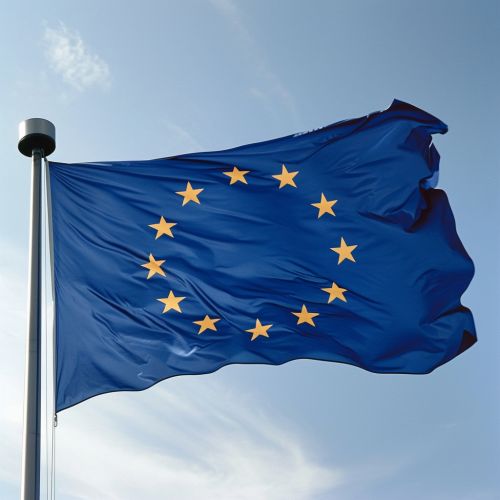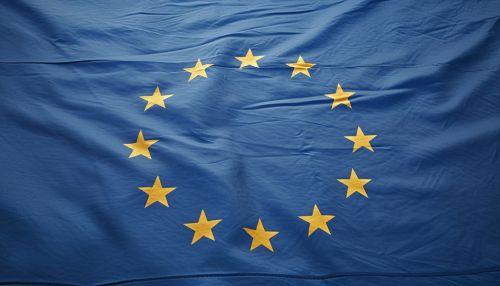Directive 2002/73/EC
Overview
Directive 2002/73/EC is a significant piece of legislation passed by the EU that focuses on the principle of equal treatment between men and women in the matters of employment and occupation. This directive, which was adopted on 23 September 2002, amends and expands upon the earlier Council Directive 76/207/EEC. The directive is a key part of the EU's commitment to gender equality and non-discrimination in the workplace.


Background
The Council Directive 76/207/EEC, which Directive 2002/73/EC amends, was one of the first pieces of EU legislation to address gender discrimination in the workplace. However, over time, it became clear that the original directive was not comprehensive enough to address all forms of gender discrimination. As a result, the EU adopted Directive 2002/73/EC to provide more detailed and comprehensive protections against gender discrimination.
Provisions
Directive 2002/73/EC includes several key provisions designed to promote gender equality in the workplace. These include:
- The prohibition of direct and indirect discrimination based on sex in relation to employment conditions, including selection criteria and recruitment conditions, promotion, and access to vocational training.
- The prohibition of harassment and sexual harassment in the workplace.
- The requirement for employers to prevent harassment and sexual harassment.
- The prohibition of discrimination based on pregnancy or maternity leave.
- The requirement for member states to promote dialogue between the social partners to address gender equality in the workplace.
Implementation
The directive required all EU member states to implement its provisions into their national laws by 5 October 2005. The implementation process varied among member states, reflecting the different legal and administrative systems in place across the EU. However, all member states were required to establish bodies responsible for promoting equal treatment between men and women in the workplace.
Impact
Since its implementation, Directive 2002/73/EC has had a significant impact on gender equality in the EU. It has provided a legal framework for addressing gender discrimination in the workplace and has contributed to a broader cultural shift towards greater gender equality. However, despite these advances, gender discrimination remains a significant issue in many workplaces across the EU, indicating that further work is needed to fully realize the directive's goals.
Criticisms
Despite its significant contributions to promoting gender equality, Directive 2002/73/EC has also faced some criticisms. Some critics argue that the directive does not go far enough in addressing gender discrimination, particularly in relation to issues such as the gender pay gap and the underrepresentation of women in senior roles. Others argue that the directive's focus on formal equality does not adequately address the structural and systemic factors that contribute to gender inequality in the workplace.
